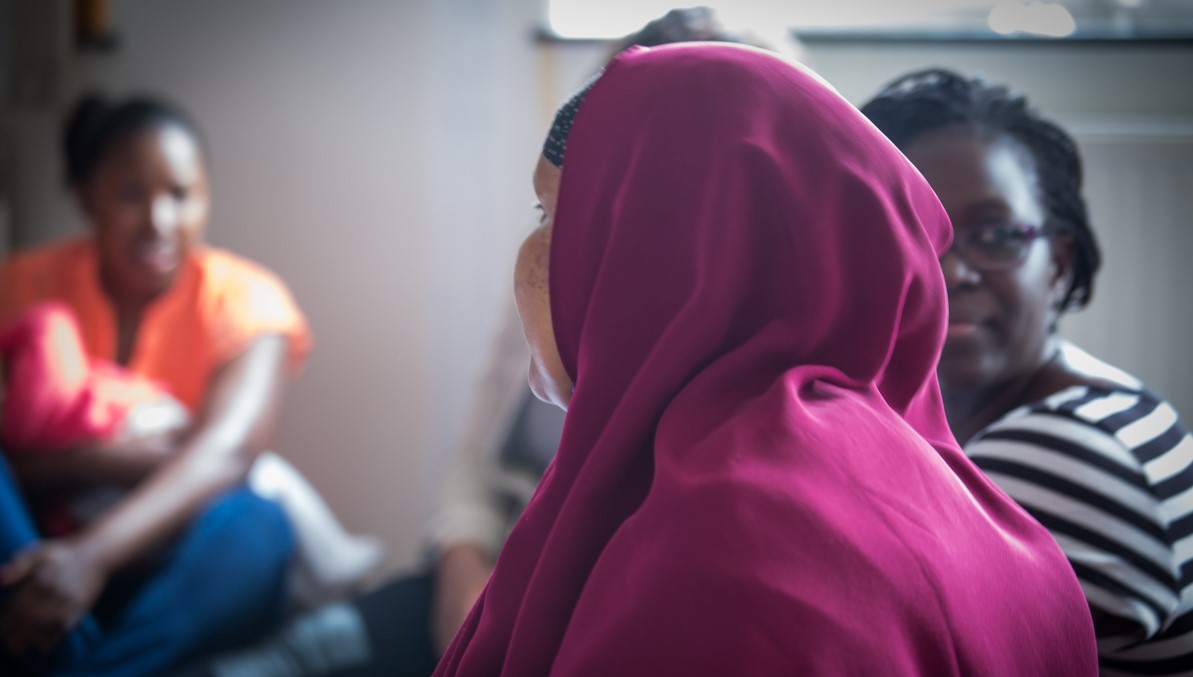JOINT LETTER
FGM: The Belgian government must respect the rights of women in precarious situations
On the occasion of the International Day of Zero Tolerance for Female Genital Mutilation (FGM) on February 6th, GAMS Belgium reminds the Belgian government of its obligation to respect human rights, particularly through taking measures to support women in precarious situations.

Precarious situation and violence
Whether they have been denied asylum, have arrived through family reunification and lost their right to stay by leaving a violent husband, are transmigrants trying to reach the United Kingdom, or are in a Dublin procedure without the right to material assistance… These are all life trajectories that lead to precariousness, with difficulties in meeting the most fundamental needs: housing, food, medical care…
Women in situations of great precariousness face different types of gender-based violence. Their status hardly allows them to prevent these violence or obtain adequate support. Among these women, several have undergone female genital mutilation and do not have access to appropriate care.
Need for a structural response
What is needed? A structural response to this urgent need. GAMS Belgium calls for accommodation for women who have experienced violence without status conditions, and free access to specialized support services.
“Women who have undergone FGM in great precariousness do not even have the means to buy a bus ticket to come to our offices. So, we decided to meet them. We provide a permanent presence at the humanitarian hub in Brussels and organize regular outreach with a duo (a social worker and an intercultural worker). We will develop the same approach in Liège. We have developed videos in the women’s languages to inform them of their rights,” says Fabienne Richard, director of GAMS Belgium and FGM reference midwife.
Currently, if a homeless woman needs a specialized medical visit at CeMAViE (medical center for victims of FGM) at the CHU St Pierre, it is GAMS Belgium that pays for her consultation. “NGOs find themselves compensating for the shortcomings of the state,” deplores Fabienne Richard, “when it is the most basic human rights that are violated.”
Links
- Political demands of GAMS Belgium
- Videos for women affected by FGM (in Amharic and Tigrinya, subtitled in French and Dutch)
